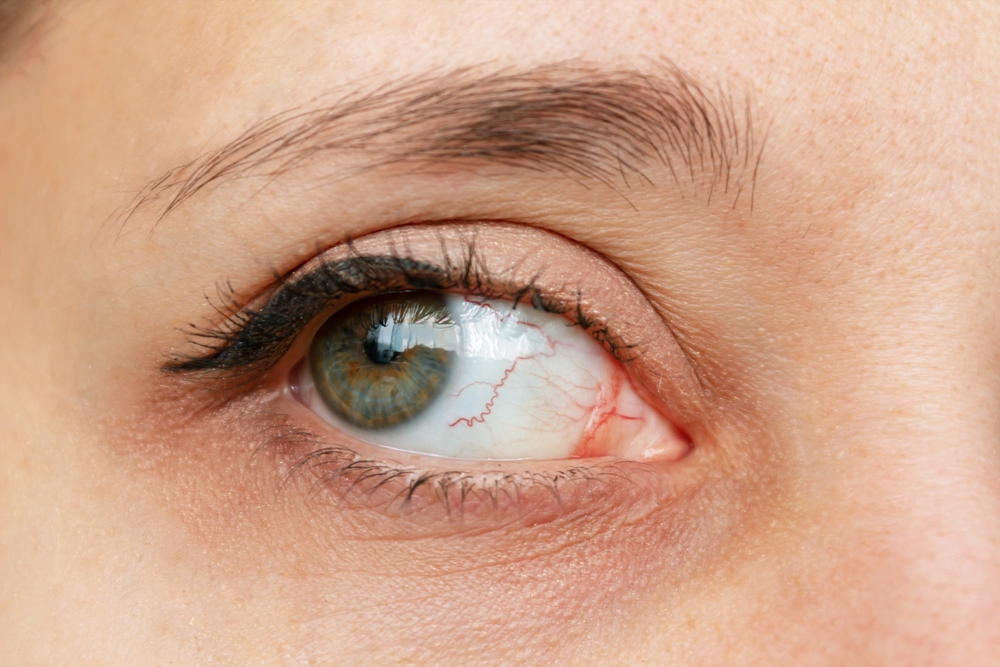
Dry, itchy, irritated eyes can make even the simplest tasks—like reading, driving, or working at a computer—feel uncomfortable and exhausting. If you’ve been caught in a frustrating cycle of using over-the-counter drops with little relief, you're not alone. Millions of people suffer from dry eye syndrome, and thankfully, modern technology is changing how this condition is diagnosed and treated.
What Is Dry Eye?
Dry eye syndrome occurs when your eyes don't produce enough tears, or the tears they do produce evaporate too quickly. This leads to symptoms like:
• A gritty or burning sensation
• Redness or inflammation
• Blurry vision that improves with blinking
• Excessive tearing
• Light sensitivity
The condition is often chronic and can be triggered by aging, prolonged screen use, certain medications, environmental factors, or underlying health issues. Left untreated, dry eye can worsen over time and affect your quality of life.
How Technology Makes a Difference in Diagnosing Dry Eye
Advancements in diagnostic technology allow us to gain a much deeper understanding of what’s causing your dry eye, which means we can create more effective and personalized treatment plans. One such innovation is meibography, an imaging technique that captures detailed images of the meibomian glands—the oil-producing glands in your eyelids. Dysfunction in these glands is a common cause of evaporative dry eye, and meibography helps us identify blockages or atrophy that may be contributing to your symptoms.
Another valuable test is Tear Film Break-Up Time (TBUT), which measures how quickly your tear film begins to evaporate after you blink. A shorter TBUT indicates tear instability, which is a hallmark of dry eye disease. This test helps us evaluate the effectiveness of your tear film in maintaining eye hydration.
Together, these technologies help us accurately identify whether your dry eye is aqueous-deficient, evaporative, or a combination of both. They also enable us to monitor your progress over time, ensuring that your treatment plan continues to meet your needs.
Advanced Treatment Options for Long-Term Relief
Once we’ve identified the underlying cause of your dry eye, we can recommend targeted treatments that go far beyond the temporary relief offered by artificial tears. At Family Vision Associates, we utilize several advanced therapies designed to break the cycle of irritation, inflammation, and discomfort.
One of the most effective options for evaporative dry eye is thermal gland expression. Using devices like LipiFlow®, we apply controlled heat and gentle pressure to the eyelids to unblock the meibomian glands. This process restores the natural flow of oils to your tear film, helping to stabilize your tears and reduce symptoms over time.
Intense Pulsed Light (IPL) therapy is another innovative solution. Originally used in dermatology, IPL has proven highly effective in treating chronic dry eye. The light pulses reduce inflammation around the eyes and stimulate improved function of the meibomian glands, helping to enhance the quality of your tears.
For cases involving inflammation or autoimmune-related dry eye, we may prescribe anti-inflammatory eye drops. These medications work to reduce ocular surface inflammation and promote healthier tear production.
In addition to these therapies, punctal plugs can be used to conserve the natural tears your eyes produce. These tiny, biocompatible devices are inserted into the tear drainage ducts to slow tear drainage, keeping your eyes moist for longer periods and enhancing overall comfort.
Schedule Your Dry Eye Evaluation with Family Vision Associates Today
Dry eye doesn't have to be a lifelong struggle. With accurate diagnosis and personalized treatment, long-lasting relief is possible. We combine cutting-edge technology with compassionate care to help you find comfort and clarity once again.
If dry eyes are affecting your daily life, schedule a comprehensive evaluation with Family Vision Associates. Visit our office in Parsippany, New Jersey, or call (973) 386-0111 to book an appointment today.










